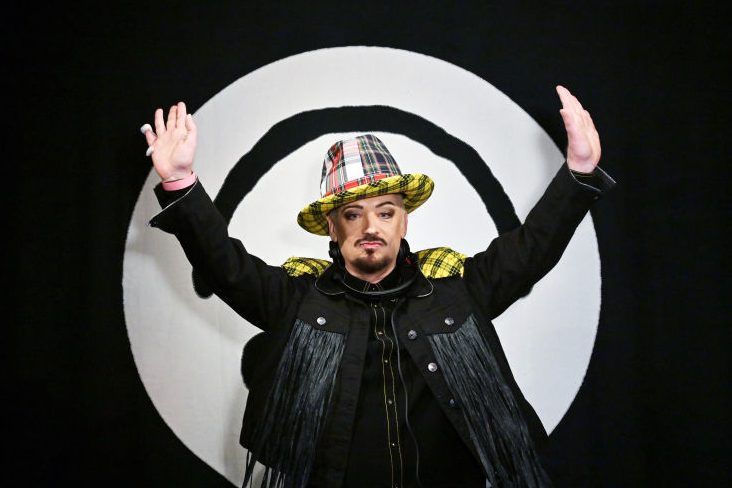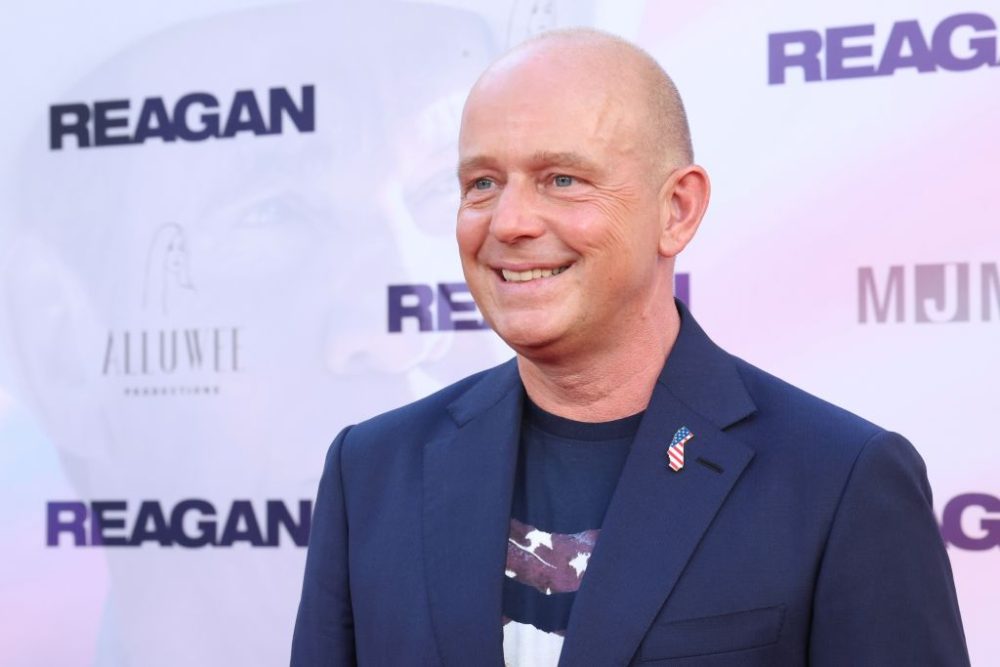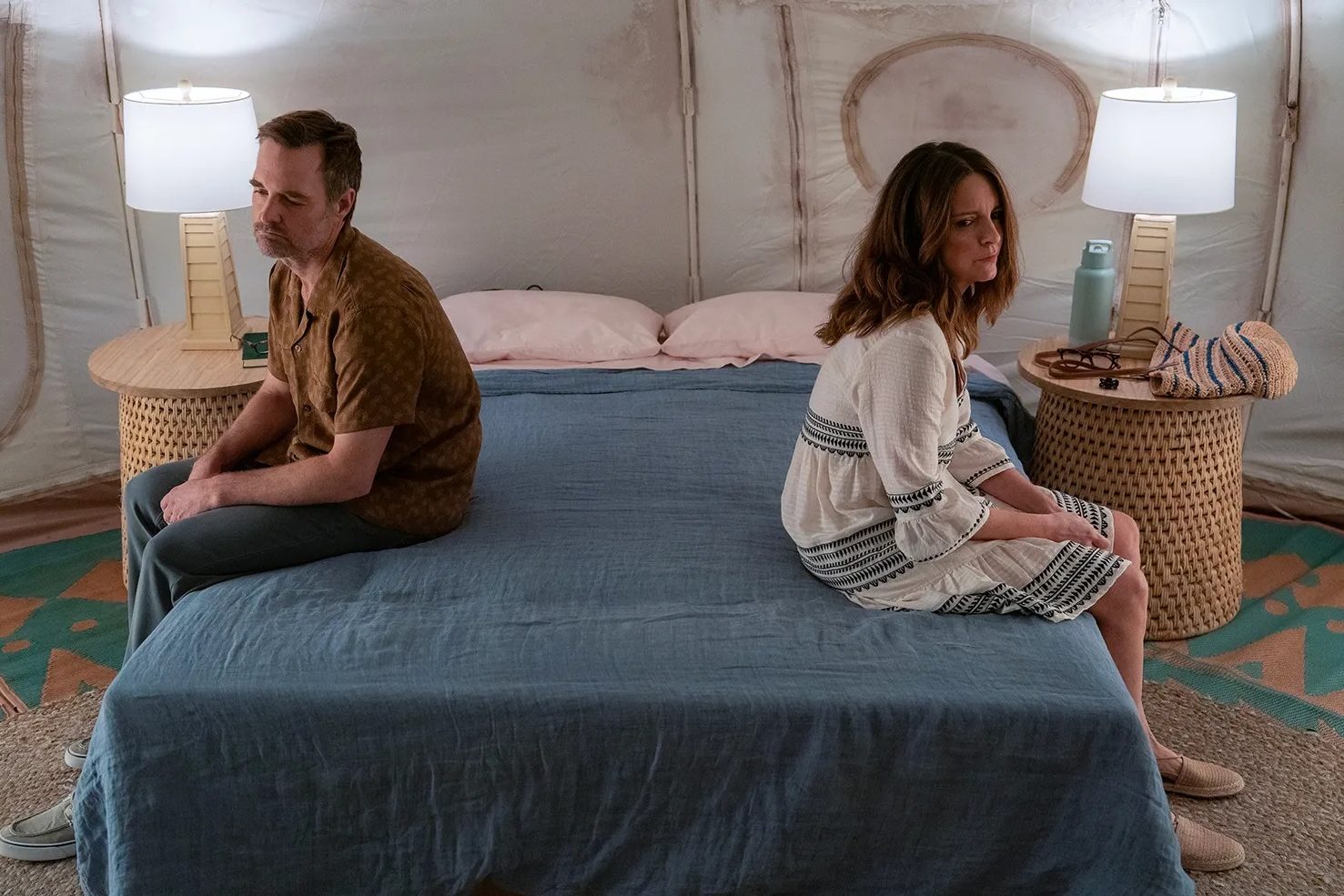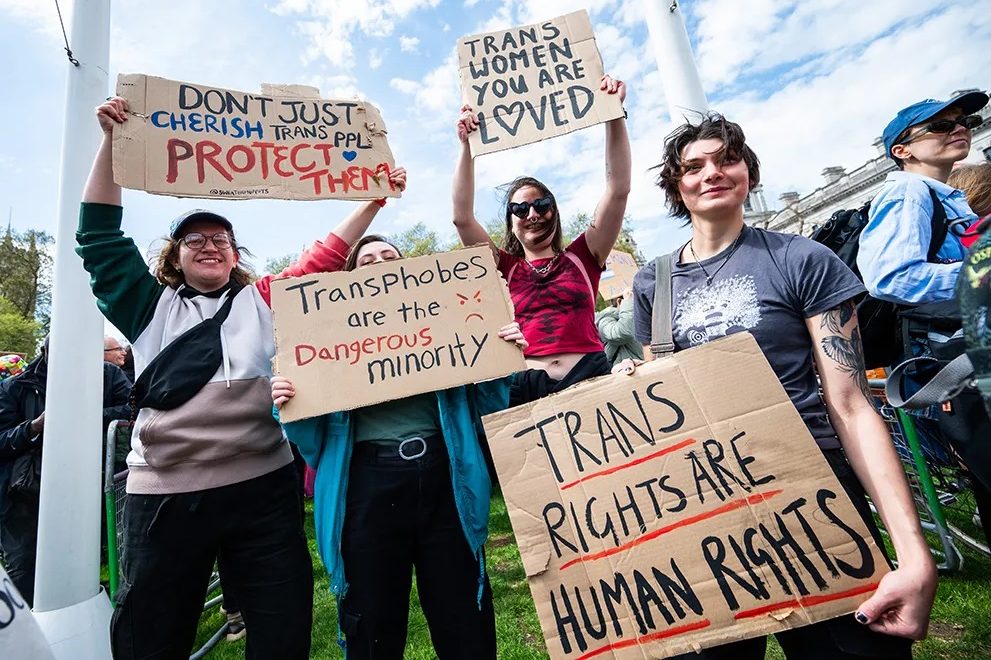“My breasts were taken away from me (and) the tissue was incinerated.” Every word of detransitioner Chloe Cole’s testimony to Congress last month was harrowing. But it was her calm, frank description of a doctor’s destruction of her breasts when she was just fifteen years old that haunts the mind. Such a sinister violation of the bodily integrity of a teenage girl should rankle the conscience of modern America.
“Before I was able to legally drive,” she said, they “amputated” my breasts. They were “perfectly healthy,” she told a panel of shocked politicians, but still they were cut off and burned, like trash: “I had a huge part of my future womanhood taken from me.”
She gave her testimony on her nineteenth birthday, three weeks ago. Her “treatment” for gender dysphoria started when she was twelve. First she was put on puberty-blocking drugs, then she was given testosterone injections. It was at the ripe age of fifteen that she was subjected to a double mastectomy.
All of these extreme infringements were carried out before she had reached the age of majority. Six years before she was legally allowed to buy alcohol. In twenty-first century America a teen cannot purchase a six-pack of beer but she can apparently agree to be mutilated on the operating table.
Cole’s brave testimony made waves. It even turned Andrew Neil into a “TERF,” or trans exclusionary radical feminist. He said he had to fight back tears as he watched her speak. This is “barbaric,” he said.
Most will agree. But not all. Some cry not tears of anguish over these unnecessary amputations, but tears of joy. “Gender-affirming care,” they call it, which is surely one of the most grotesque euphemisms of our time, as if cutting up a healthy kid’s body could ever be “care.”
Indeed, around the same time Cole was valiantly describing the shocking removal of her breasts, in Britain we had the Costa Coffee controversy, where it was revealed that a Costa Express van had been emblazoned with a mural showing a “trans man” with prominent scars under her nipples where her breasts had been removed.
Calvin Klein has featured models with lifestyle mastectomy scars. Dr. Martens released a “queer joy” DM boot illustrated with a “trans man” with mutilated breasts. Celebrities have promoted breast-binding, a slightly less life-impacting way for girls to hide their apparently shameful breasts.
So this is one of the great divides of our time, then — between those of us who believe teenage girls should be left alone to experience all the flourishing and challenges that come with coming of age, and those who believe that if a girl doesn’t like her breasts, then a man in a white coat should surgically remove them.
And, of course, it is our side, the ones who want teens to be shame-free and happy, who are branded evil “culture warriors,” while those who pathologize puberty and cheer the binding or removal of breasts are apparently good, decent people.
Chloe Cole refers to the “gender-affirming care” that was carried out on her fifteen-year-old body as “barbaric pseudoscience.” Her apt phrase got me thinking. Trans mastectomies are the lobotomies of our time, aren’t they? Just as we look back with horror at the surgical scrubbing of the prefrontal cortexes of mentally unwell people, so future generations will surely balk at today’s removal of body parts from gender-worried people.
The lobotomy was once touted as “a miracle cure for anything from schizophrenia to postnatal depression”; we now know it induced extreme apathy in patients, often destroying their personalities. “Gender-affirming care” is touted as the miracle cure for feelings of discomfort with one’s body; how long before we admit that it can damage fertility, provoke enormous regret over missing body parts, and require lifelong reliance on the medical establishment for hormonal treatments to maintain one’s “new sex”?
Most rationally adjusted people will agree that a fifteen-year-old cannot consent to something as extreme as breast removal. But what about older women? Another case recently came to light, reported in the Daily Mail, about a woman who had a trans mastectomy when she was twenty-three and who now bitterly regrets it. “(My) chest is such an ugly battleground of scars,” she says.
But she was fully an adult when she requested her mastectomy. Doesn’t that make it OK? To my mind, no. The more profound question for me is not why a twenty-three-year-old consented to have her breasts removed, but why a doctor consented to remove them. Same with Chloe Cole: we know from her testimony that her parents consented to her mastectomy under pressure from ideologically inclined therapists, but the far larger question is why a surgeon consented to cut off a fifteen-year-old girl’s breasts.
Consent is absolutely a prerequisite for medical intervention, but it’s not a justification for medical intervention. No surgeon should be allowed to operate on our bodies unless we give consent; but by the same token, no surgeon should do harmful things to us just because we give consent. First, do no harm — right?
Thomas Szasz, the great anti-psychiatry agitator, once said that “even if a patient requests a lobotomy” — which, believe it or not, they sometimes did — “his consent to the procedure is not the sole ethical consideration.” After all, said Szasz, unstable patients sometimes seek the “amputating (of) healthy body parts,” such as the removal of “healthy eyes” or “healthy hands.” The fact that the patient “consents” to such unconscionable interventions does not mean the doctor should consent to carry them out, he said. It is a relief he did not live to see what is unfolding in medicine today, where the “amputating of healthy body parts” is frequently delivered upon patient request.
Szasz was surely right that patient consent is not “the sole ethical consideration.” There is also society’s responsibility not to inflict unnecessary harm on the bodies and lives of its citizens. An enlightened society should not green-light brain destruction as a cure for mental ill-health, or bodily mutilation as a cure for identity crisis. Let girls be girls, and boys be boys; put away the drugs and scalpels.
This article was originally published on The Spectator’s UK website.

























